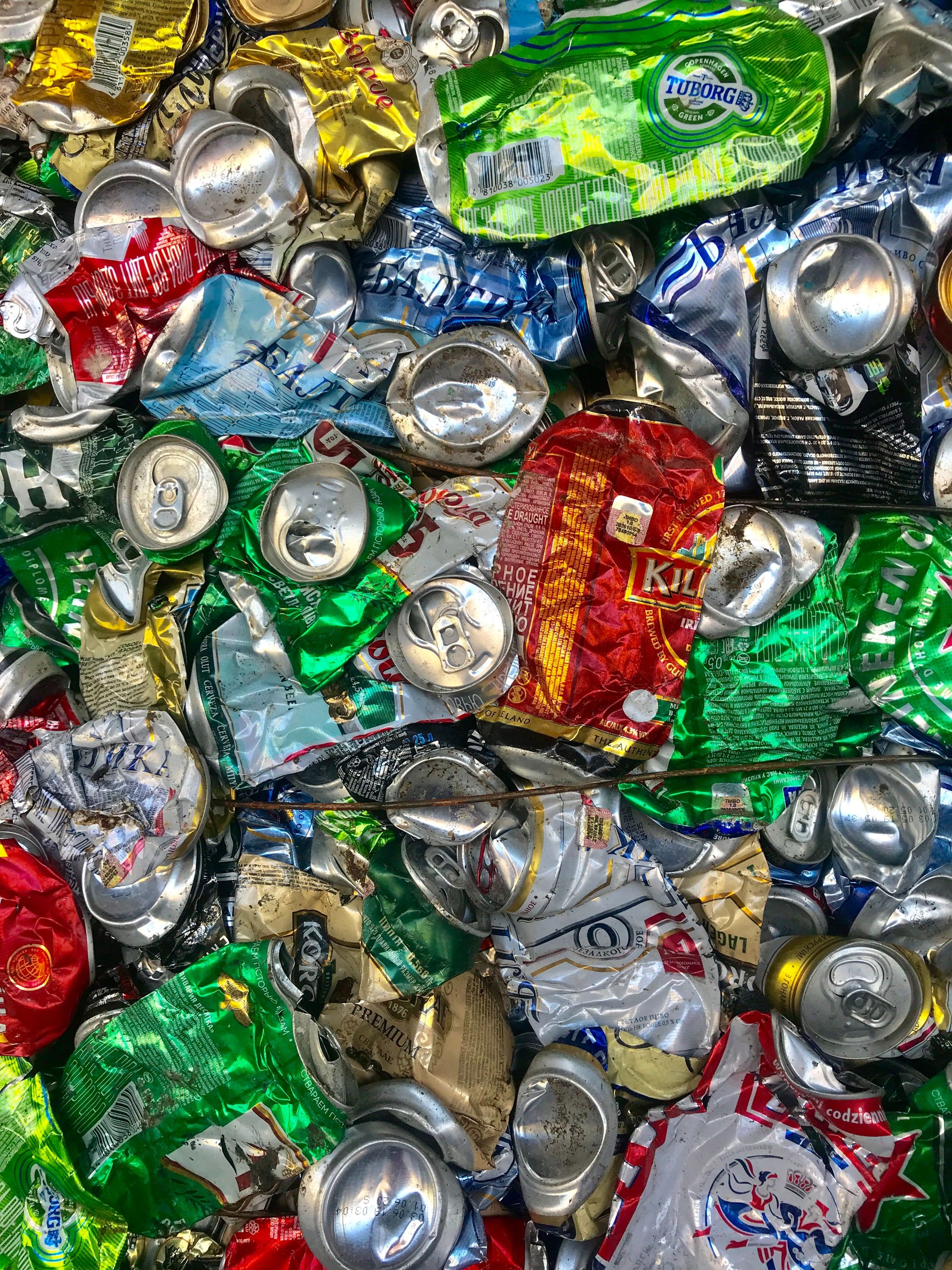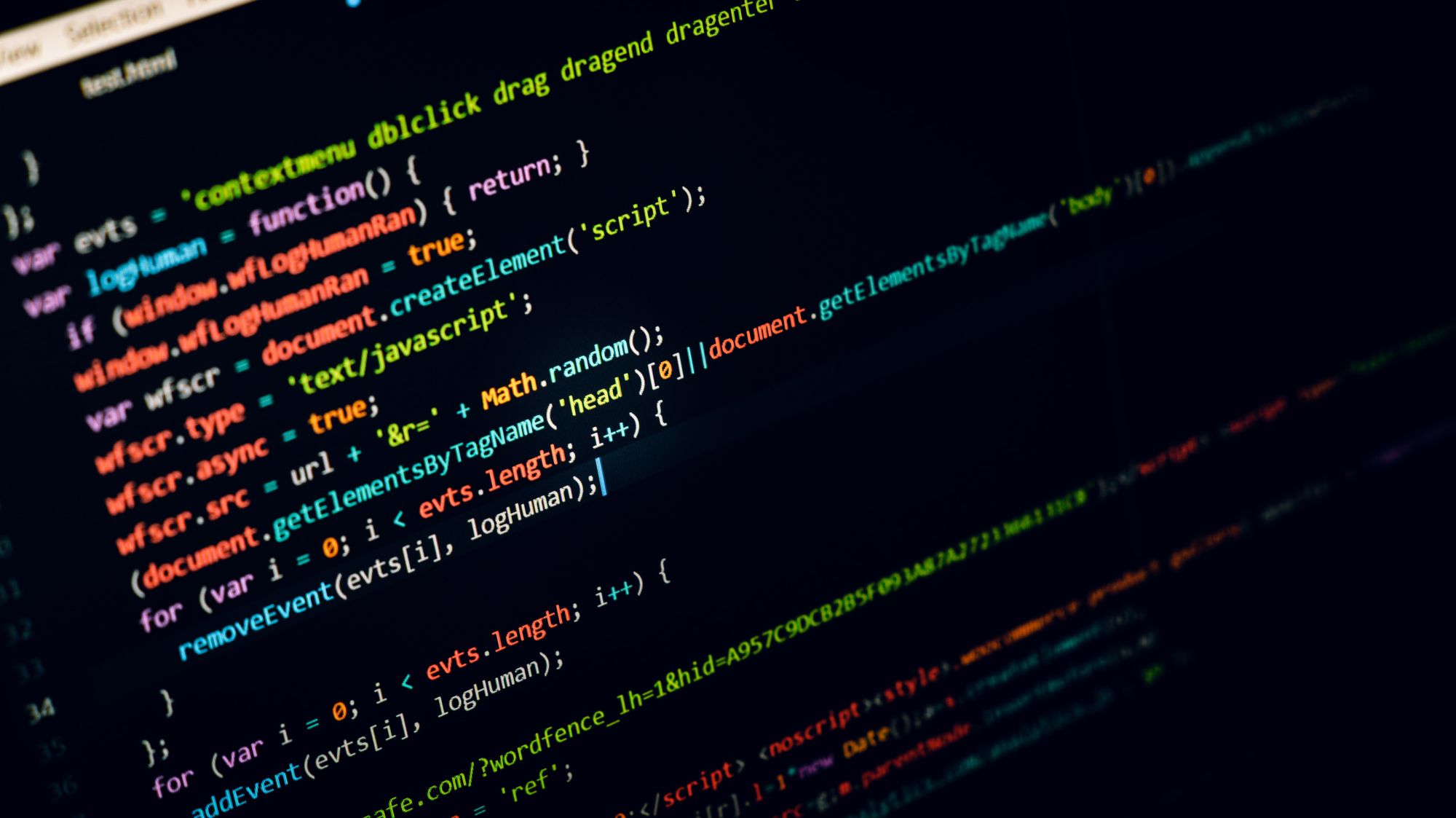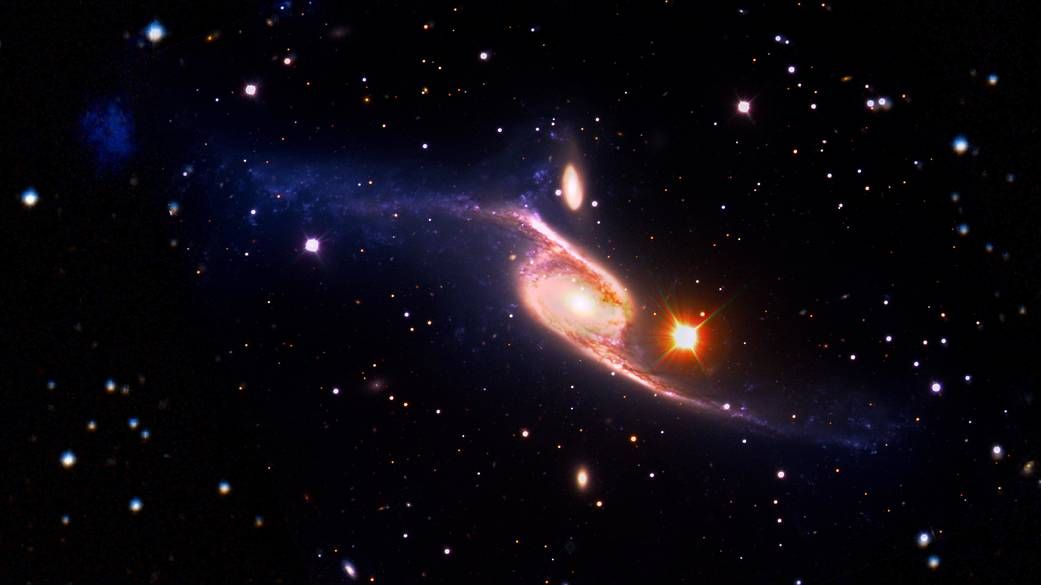How AI can help reduce food waste
by Alex Weinstein, Hungryroot | Venturebeat

Computers have a bad rap when it comes to saving the planet. Cryptocurrencies, due to the highly inefficient tech involved, have been consuming as much electricity as the entire country of Sweden. Elon Musk has repeatedly warned about a Terminator-style apocalypse likely to be brought on by artificial intelligence (AI). And yet, like any tool, AI has a tremendous potential to be good for the planet — and this future isn’t as far as it seems.
Today, let’s examine one aspect of this potential: Reducing carbon emissions from food-related systems. According to Nature, these account for a third of total emissions; the growing world population points to the increasing significance of this factor with time.
Computers are wonderful at keeping track of a myriad of factors and adjusting outputs without human intervention. There are at least two food system-related tasks for which this is highly applicable: Reducing food waste and driving consumption of foods that are better for the environment. Let’s examine each in detail.
How APIs are shaping zero trust, and vice versa
by Ali Cameron | Venturebeat

Two things are true in the cybersecurity space.
First: Zero trust has become one of the most talked about and effective frameworks for digital security. Second: the rampant use of APIs and the vulnerabilities they pose has made it harder than ever for companies to protect their data and assets.
While it may feel like the solution lies in applying zero trust practices to APIs, it’s not as simple as that. That’s because securing APIs offers unique challenges: They’re a part of a constantly changing landscape, attract low-and-slow attacks uniquely designed for API and make it difficult to apply shift-left tactics that embed security at the development stage.
As companies of all sizes continue to leverage APIs, the cybersecurity space has reached a critical junction. API security needs to account for zero trust, and zero trust practices need to be revisited with APIs in mind. But what does that look like in practice?
Google Unveils MusicLM, an AI That Can Generate Music from Text Prompts
by Daniel Dominguez | InfoQ

Google researchers have introduced MusicLM, an AI model that can generate high-fidelity music from text. MusicLM creates music at a constant 24 kHz throughout a number of minutes by modeling the conditional music generating process as a hierarchical sequence-to-sequence modeling problem.
According to the research paper, MusicLM was trained on a dataset of 280,000 hours of music to produce songs that make sense for complex descriptions. The researchers also claim their model outperforms previous systems both in audio quality and adherence to the text description.
MusicLM samples, includes five-minute pieces produced from only one or two words like melodic techno, as well as 30-second samples that sound like entire songs and are formed from paragraph-long descriptions that prescribe a genre, vibe, and even specific instruments.
🌙 NASA - Best Photo from Last Week
Spiral Galaxy Spans Space

This Jan. 10, 2013, composite image of the giant barred spiral galaxy NGC 6872 combines visible light images from the European Southern Observatory's Very Large Telescope with far-ultraviolet data from NASA's Galaxy Evolution Explorer (GALEX) and infrared data acquired by NASA's Spitzer Space Telescope. NGC 6872 is 522,000 light-years across, making it more than five times the size of the Milky Way galaxy; in 2013, astronomers from the United States, Chile, and Brazil found it to be the largest-known spiral galaxy, based on archival data from GALEX.
Image Credit: NASA/ESO/JPL-Caltech/DSS
Last Updated: Feb 3, 2023
Editor: Monika Luabeya


Disclaimer: None of the content in this newsletter is meant to be financial advice. Please do your own due diligence before taking any action related to content within this article.
Disclaimer: Unbound is reader-supported. When you buy through links on our site, we may earn an affiliate commission.






